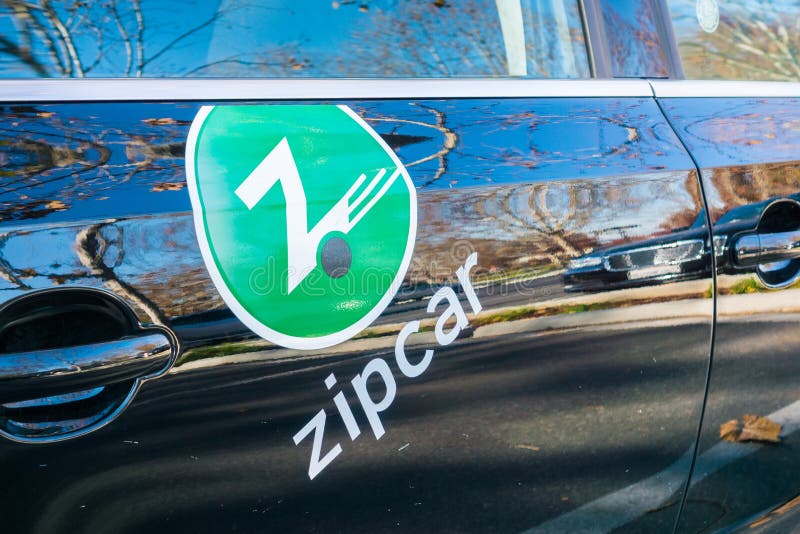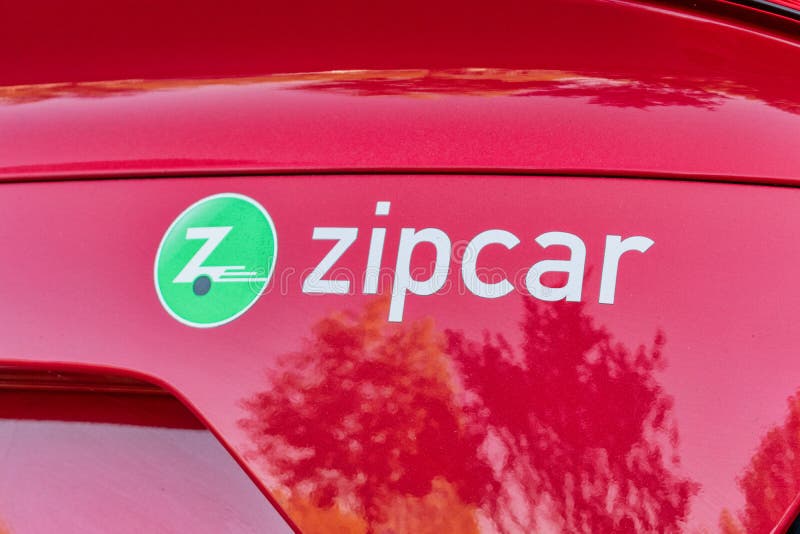

That emerging industry will be completely remade by autonomous vehicles, and GM is trying to position itself for that change now. GM claims some 5 million people worldwide use vehicle sharing services like Uber, and that number is expected to hit 25 million by 2020. The classic "owner-driver" model that has been the cornerstone of the auto industry for a century won't disappearing anytime soon, but the industry is in the midst of radical change. Maven can be the foundation for the self-driving car network GM wants to build.

It isn't until you take the long view that this move makes sense. But it's small potatoes for a company like GM. Oh sure, there's money to be made in car-sharing, as ZipCar and others have shown. Maven is available only in Ann Arbor, Michigan-though GM plans to move into other cities soon-and it doesn't offer the convenience of Uber or Lyft. At first glance, you might consider this an odd move. It's working with Lyft to build a network of driverless vehicles.Īnd now Maven, which the company announced Wednesday. It's working with Mobileye to develop maps for robo-cars. It bought the remains of Sidecar, the defunct Uber competitor, to strip it for parts. It introduced the Chevy Bolt, the first mass-market electric car.

The Detroit automaker's done a lot of that this month. But GM isn't really competing with ZipCar. It's called Maven, it's available in exactly one city, and, frankly, it's an unexciting riff on ZipCar. General Motors is launching a car-sharing program.


 0 kommentar(er)
0 kommentar(er)
